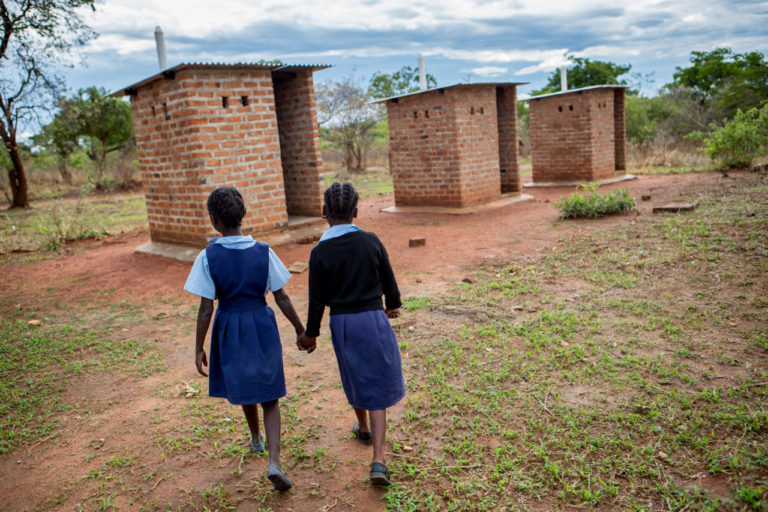New Delhi, Dec 8: The central government has called on states to provide action plans for the successful implementation of the menstrual hygiene policy aimed at school girls, ensuring their access to affordable hygiene products and gender-sensitive sanitation facilities in public and government-aided schools.
Following a Supreme Court directive on November 12, the Union Health Ministry has emphasized that the effective implementation of this policy necessitates comprehensive action plans designed to meet the specific needs and contexts of each state and union territory.
Last month, the Centre notified the Supreme Court regarding the ‘Menstrual Hygiene Policy for School Going Girls,’ which was endorsed by the Union Health Ministry on November 2.
The primary objective of this policy is to integrate menstrual hygiene into the school system of the government, driving change in knowledge, attitudes, and behaviors among schoolgirls, thereby overcoming the hurdles of low awareness that often limit their freedom and participation in daily life.
It promotes the organization of systems to ensure the consistent and timely provision of menstrual hygiene products in schools.
For both government and government-aided institutions, the policy requires states and union territories to evaluate and estimate the actual need for menstrual hygiene products to facilitate efficient resource utilization.
To ensure widespread coverage, states and union territories can conduct assessments through appropriate survey methods followed by gap-filling measures to guarantee that girls in government and government-aided schools have regular access to menstrual hygiene products.
Moreover, the policy seeks to challenge harmful social norms, promote safe menstrual hygiene practices, and support environmentally friendly management of menstrual waste.
The health ministry has requested that states develop and present a detailed action plan that includes all facets of the policy, assuring coverage for government and government-aided schools.
They are encouraged to ensure collaboration across departments with relevant stakeholders to tackle challenges related to infrastructure, supply chains, and education, while also prioritizing sensitization and awareness initiatives to promote safe menstrual hygiene practices and encourage behavioral changes among adolescents, parents, and educators.
Additionally, they are urged to include explicit timelines, monitoring frameworks, and key performance indicators in their action plans.
The policy also aims to facilitate clean and gender-segregated sanitation facilities according to standards in all government and government-aided schools and integrate menstrual hygiene education into the school curriculum to enhance awareness and reduce the stigma surrounding menstruation in all educational settings.
The goal is to foster social and behavioral changes by sharing scientific information about menstrual hygiene practices with all stakeholders, including teachers, parents, and the community, to create a supportive environment for all schoolgirls. (Agencies)


Leave a Reply